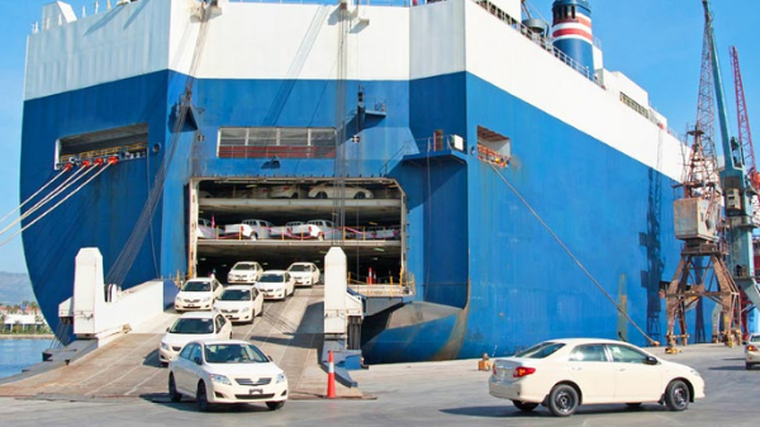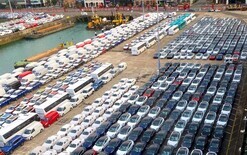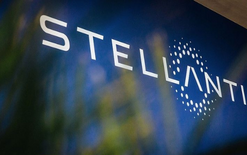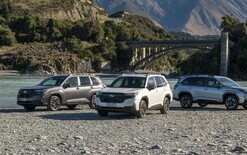Delay for verification changes

The full roll-out of a new system to verify used-imported vehicles has been pushed back for up to a month because transitional facilities are still awaiting audits and final approval from the Ministry for Primary Industries (MPI).
Changes to the process that are designed to reduce the time to clear vehicles from New Zealand’s ports, which have been hit by lengthy delays post-Covid, were announced on April 23 and due to be in place by July 1.
David Vinsen, chief executive of the Imported Motor vehicle Industry Association (VIA), told Autofile Online the latest decision to progressively introduce the new measures over the coming weeks was a pragmatic one.
“VIA has been involved in discussions with MPI senior officials on behalf of the BIOs [border-inspection organisations] and MPI has now advised there is flexibility beyond the initial deadline in the implementation of this scheme,” he explains.
“This will allow time for transitional facilities and systems and procedures to be properly audited and approved, and as they are approved they will then come on stream.
“The industry has come to the party and done everything required of them and are pretty much ready to go. Most have been approved in principle but can’t be signed off until MPI has completed its audits of the transitional facilities.
“We’re pleased with the collaborative nature of the process and this result is a very pragmatic move.”
A new system has been developed because Biosecurity New Zealand officers will not be returning to Japan to carry out the pre-border verification of vehicles and will continue doing this onshore.
The revamped approach puts an extra onus on BIOs to ensure cars heading our way meet biosecurity standards and vehicles will no longer be held on a vessel for further inspection if any contamination is discovered.
Instead, importers can have the consignment taken from the port to approved transitional facilities that will be based in Auckland, Wellington, Nelson and Lyttelton.
BIOs have been trialling the fresh approach since May 1 ahead of making a full transition to the new way of operating.
Vinsen says: “Very few vehicles are being failed under the new procedure. There’s a high degree of confidence that the system is working and will work, and not too many vehicles will need to go to transitional facilities, but we need to be prepared for the eventuality they do.”
A Biosecurity NZ spokesman says the new clearance sysem will go live from July 1 despite the outstanding approvals and he notes the changes have already helped reduce discharge times for roll-on, roll-off vessels.
He adds that eight facilities were being considered for approval as transitional facilities, with six set to be approved in the early days of July – three in Auckland, and one each in Wellington, Nelson and Lyttleton.
“We plan to work closely with industry over the next few weeks to ensure the new processes are introduced as smoothly as possible,” he says.
“If there are any approval delays, we will deal with affected vehicle consignments on a case-by-case basis.
“The two systems have worked well together. In the interim, Biosecurity NZ still offers 100 per cent inspection of consignment batches when contamination is detected.”
Clean incentives
The spokesman adds the new system is designed to allow quicker vessel and vehicle movements through ports, and it will also provide “greater incentive for industry to ensure vehicles are clean before they arrive in New Zealand”.
The new system will put extra pressure on BIOs to ensure cars heading our way meet biosecurity standards and Automotive Technologies Limited (ATL) is one of the BIOs that has been making the transition between the old and new approaches since May.
Owner Nigel Grindall says: “MPI is working in really well with us and they definitely want a line to be drawn in terms of decontamination and risk to New Zealand.
“The consequence of a failure to any offshore systems means we’re highly motivated to do a good job in Japan and keep the standards high.
“We have always been for more checks and audits, and to work smarter with the government to get the best outcomes. We know with good quality regulation we get the right outcome and do not get high-risk contaminants coming into the country.”





